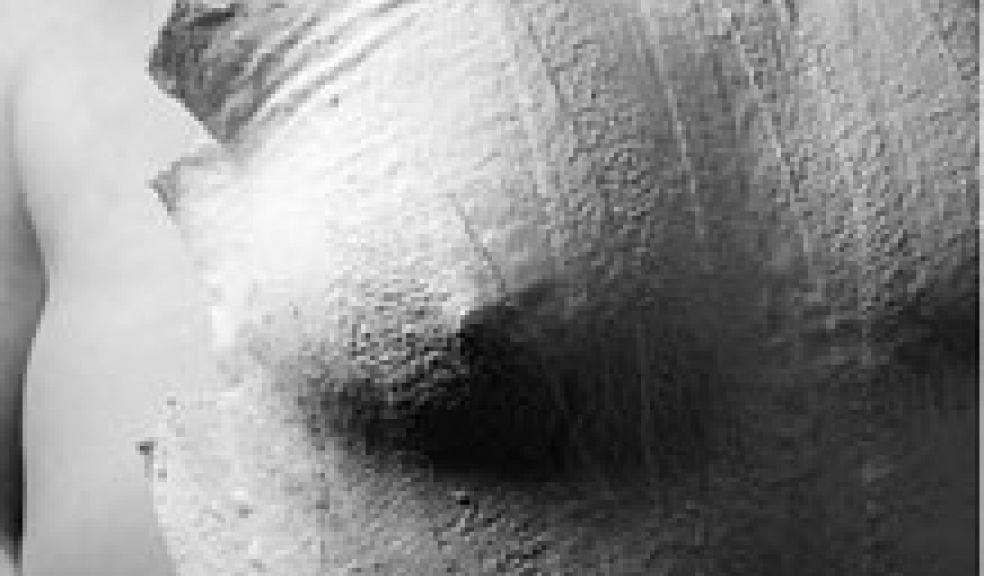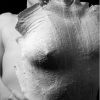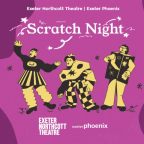
The arts meet medicine at the University of Exeter
Preventative medicine, cancer and body image are the issues which will be explored in a creatively focused event at the University of Exeter on 27th November. ‘Self Portrait without Breasts’ will look at how art can be used to help those who have undergone life-changing medical procedures, as well as discuss the use of language and image to represent people’s experience of surgery.
Visiting poet Clare Best has a family history of breast cancer; she nursed her mother through two radical mastectomies and in her late 40’s, the age at which her mother first had the disease, doctors told her she had a high risk of breast cancer. She chose preventive bilateral mastectomy, without reconstruction. “I also chose not to disguise my new flat chest,” Clare Best explains.
During this difficult time of decision-making, Clare turned to art. Making plaster casts of her body, she collaborated with photographer Laura Stevens who took photos before and after her mastectomy. As Clare recalls:“Gradually, what had begun as my way of coping, evolved into a major creative project. The more I published and performed the poems, and show the photos, the more I realised that people wanted to talk about the surrounding questions of beauty, identity, loss and creativity.” The result is a sequence of evocative photographs which will be exhibited and Clare will recite from her book of poems Excisions.
The event will expand upon Clare’s creative project with a debate between a range of experts within medicine and the arts. The discussion panel will consist of Dr James Mackay, a world leading Genetic Oncologist specialising in clinical cancer genetics at University of Central London and University of Exeter academics Dr Corinna Wagner, a visual historian and literary critic, and professor of psychology Dr Janet Reibstein, who has written a memoir on breast cancer surgery. Addressing some iconic images of breasts, Dr Wagner will explore how cultural and political battles have been fought over this body part. Throughout history, breasts have been at the centre of debates about nature and normality, gender and morality.
Dr Andy Brown, Director of Creative Writing at the University of Exeter who is hosting the event, said:”It is the first in a series of events which explore the relationships between aesthetics and medicine. We wanted to provide a creative response to important questions about the long-standing and vital relationships between art and medicine. The event seeks to raise questions about how we think of and represent our bodies, how they are seen and treated under the medical gaze, and what art and literature have to bring to understanding these shocking experiences and re-shaping of our bodies through surgery."
The ‘Self Portrait without Breasts’ event is free-of-charge and will be held in Lecture Theatre 1, Queen’s Building on Streatham Campus at 6.30pm.



















